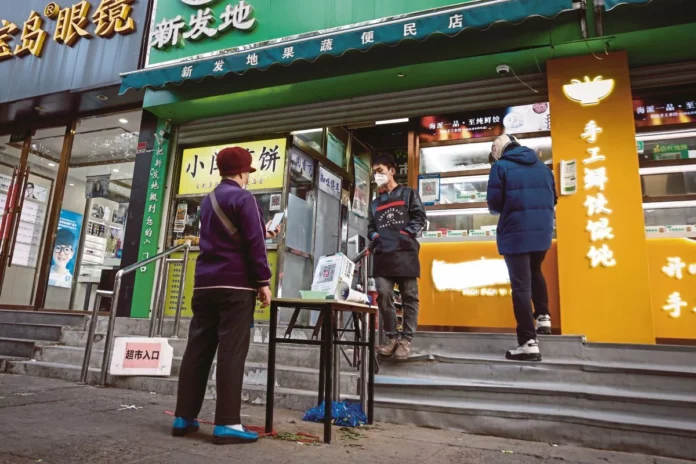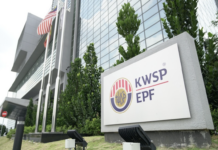BEIJING, Nov 23 — A rise in the number of COVID-19 cases in China has seen Beijing tightening its controls on COVID-19 as well as entry and exit into the capital, with authorities urging residents to stay at home on weekends and prohibiting the practice of dining at eateries in most places.
A negative PCR test result within 48 hours, compared to the previous 72 hours, is also required for people to enter public places such as shopping malls, hotels, restaurants, as well as government buildings, from Thursday.
The world’s second largest economy reported the country’s first COVID-19 death in nearly six months last Sunday, raising concerns that more stringent measures may be introduced to contain the infection.
China reported 28,127 new local cases on Monday, with cases in the southern city of Guangzhou and the southwestern municipality of Chongqing accounting for about half the total.
According to the national health commission, Beijing reported more than 2,400 cases from Friday to 3pm Monday, with more than 500 infections detected outside the quarantine zone through community-level testing.
On Sunday, authorities also urged residents in Beijing’s largest district of Chaoyang, home to nearly 3.5 million people as well as embassies and business hubs, to stay home – especially on weekends.
Beijing is facing the ‘most critical and most difficult moment’ in dealing with COVID-19, said Liu Xiaofeng, Deputy Director of Beijing Center for Disease Prevention and Control (CDC).
Based on the observation of a Bernama reporter who also lives in Chaoyang district, people have started buying food supplies for the past few days in preparation for a curfew, in addition to some delivery services experiencing delays.
Some of Beijing’s biggest shopping malls, parks and tourist areas were also closed, while others shortened its operating hours; and some offices in the business and diplomatic hub of Chaoyang district asked companies to tell their employees to work from home.
Eateries have also started to sell food and drinks for take-away only, and staff also scrutinise health status related to COVID-19 through the individual health app.
Almost every day, short messaging service (SMS) and phone calls of reminders to comply with regulations and the need to undergo a COVID-19 test are also frequently received, leading to long lines of people queuing up at testing stations in Beijing.
Most university students in Beijing have also been barred from going out since last week.
“However, we are given three meals a day and have to undergo a COVID-19 test almost every day,” said a University of International Business and Economics student to Bernama.
Meanwhile, those entering Beijing also have to undergo a three-day consecutive COVID-19 test and are not allowed to leave until a negative test result is obtained, while some residences would prohibit guests.



















